Ahead of China's Lunar New Year holiday when millions of people travel both domestically and overseas, large-scale transport shut-downs and curbs on public gatherings beset at least 10 cities with no reprieve in sight for coronavirus outbreak.
As on Friday, the death toll from the new strain of coronavirus, also known as novel coronavirus or 2019-nCoV, has reached 26, while at least 830 others have been reported affected and large queues are reported outside pharmacies in China to buy face masks.Supermarkets are reported to be running out of food supplies. Singapore and Vietnam are the latest countries to confirm cases.
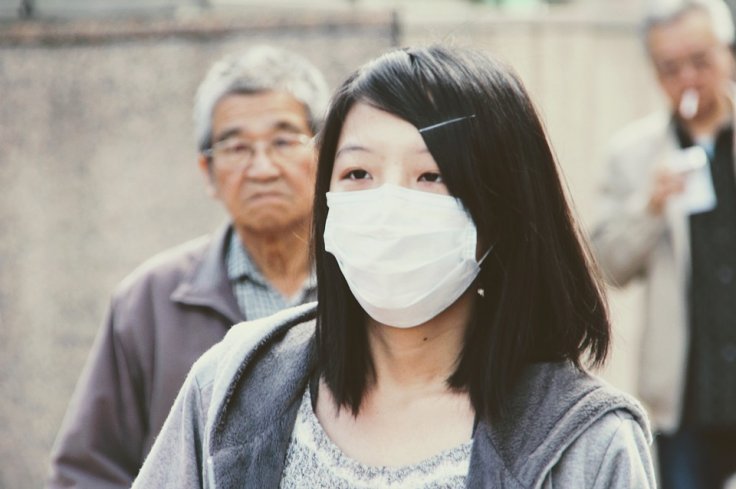
Death toll rises to 25
As per the latest update, 26 people died and 830 have been infected in China from 2019-nCoV. Among the 26 deceased, 24 belonged to Hubei province, whose capital Wuhan is the epicenter of the disease outbreak; while two fatalities have been reported outside Hubei.
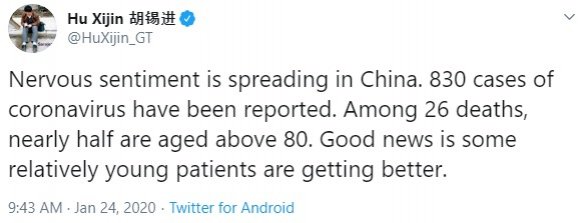
The virus isn't concentrated in China alone, but has spread to other countries such as Thailand, Japan, South Korea, US, with Singapore and Vietnam reporting the latest cases. A 66-year old Chinese man from Wuhan, who, along with his family, had arrived in Singapore on January 20 has been quarantined, after developing symptoms.
A father-son duo have tested positive in Vietnam. A 66-year old Chinese man, who had returned to Vietnam from Wuhan on January 13, developed symptoms on January 17. His son, too developed symptoms after meeting him. Chinese authorities have already confirmed that the virus has human-to-human transmission capability.
China shuts down at least 10 cities
Besides shutting down transportation, restrictions against public gatherings have been imposed in as many as 10 cities, covering about 30 million people. Airports, railways, buses and subways have been shut-down in Wuhan, restricting travel during Lunar New Year holiday. Hotels, theaters, libraries and other places of gatherings have also been closed.
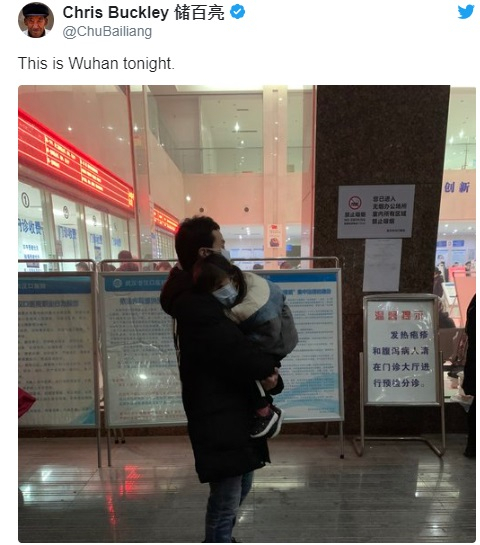
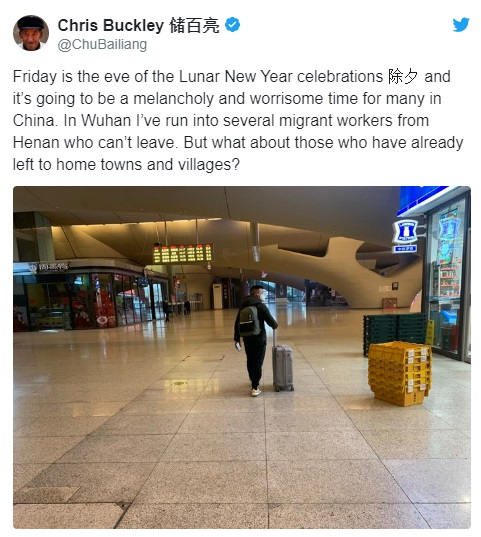
Similar restrictions have been put in place in other cities in Hubei such as Huanggang, Ezhou, Xiantao, Chibi and Lichuan. Chinese capital Beijing has announced cancellation of all major Chinese New Year celebrations.
However, in many places these curbs yielded no results as they hampered home delivery and forced large queues outside pharmacies and supermarkets to buy face masks and sanitisers, to protect oneself from contracting virus, BBC reported.
WHO won't declare global health emergency
Another emergency meeting of the the global health body World Health Organization on Thursday said it's not declaring the new coronavirus outbreak a public health emergency of international concern. "This is an emergency in China, but it has not yet become a global health emergency", the statement read. WHO chief Tedros Ghebreyesus thanked China for its "cooperation and transparency".
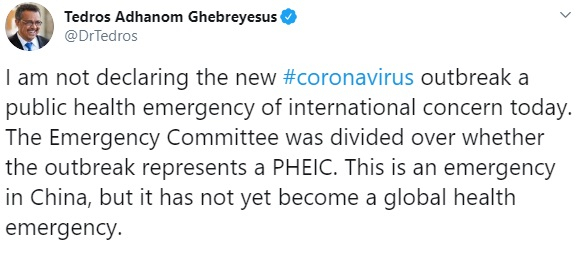
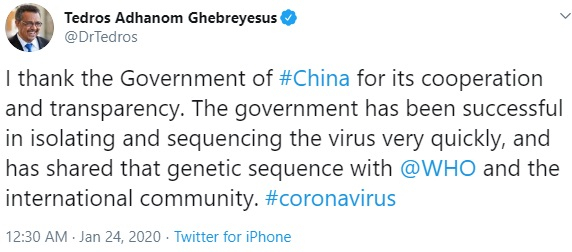

A public health emergency of international concern is the highest level of alarm the WHO can sound and has previously been used in response to containing swine flu, Zika virus, and Ebola.









